As defined by On the Commons: “The commons is a new way to express a very old idea—that some forms of wealth belong to all of us, and that these community resources must be actively protected and managed for the good of all.” Put simply, the commons is a community- stewarded resource that can be environmental, digital, or even shared knowledge. On 7 December 2018, HowlRound Theatre Commons hosted a group of artists, activists, and cultural organizers at Emerson College to discuss the promise of the commons and its relevance in the arts and culture sector. This group included members from the Hinterlands and PowerHouse Productions in Detroit, Michigan; the Ethics and the Common Good Project and the Schumacher Center for a New Economics in Amherst, Massachusetts; Double Edge Theatre in Ashfield, Massachusetts; independent artists and organizers; and the HowlRound Theatre Commons team in Boston, Massachusetts.
While our December convening was the first official gathering of the Arts, Culture, and Commoning working group, many of us had begun organizing together since 2017. We presented our work and found each other at conferences (like the Common Field Convening in Los Angeles in 2017, the US Department of Art and Cuture's CULTURE/SHIFT 2018 in Albuquerque, and the Creative Commons Global Summit 2018 in Los Angeles, we gathered to watch performances and lectures, and, most importantly, we began to collectively dream of the power of commoning to create new worlds. Slowly our group formed and the work began to take root. What unites us is a strong belief that the commons, when coupled with the power of art and culture, can dramatically impact the challenges of our time.
In honor of World Commons Week 2019, we’d like to share our collective vision and process for this work. And if you also work at the intersection of art, culture, and commoning, we’d love to hear from you.

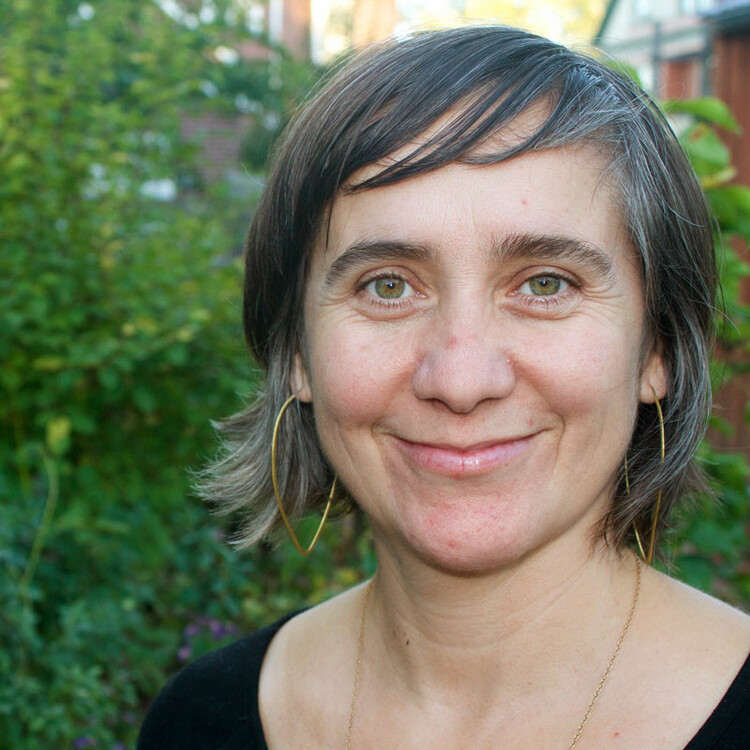
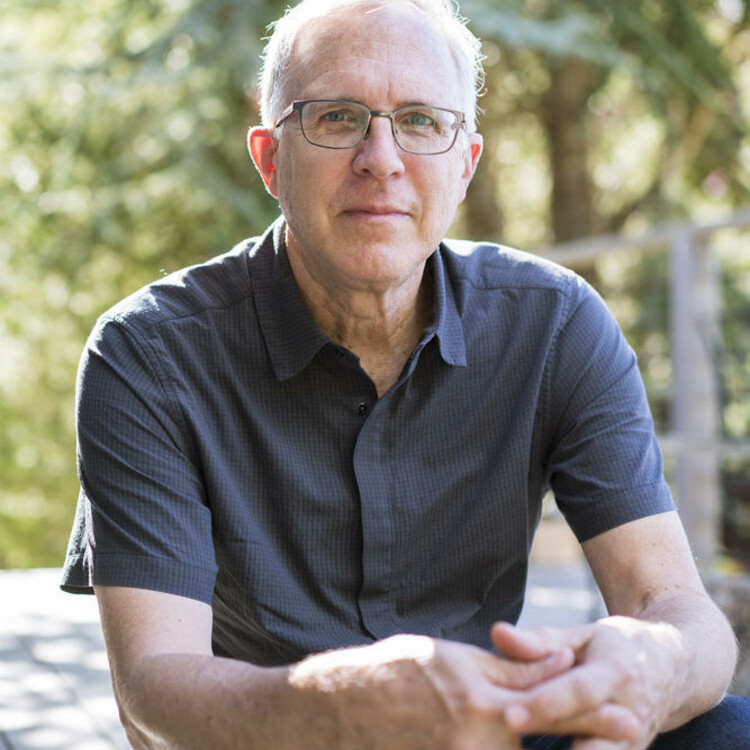
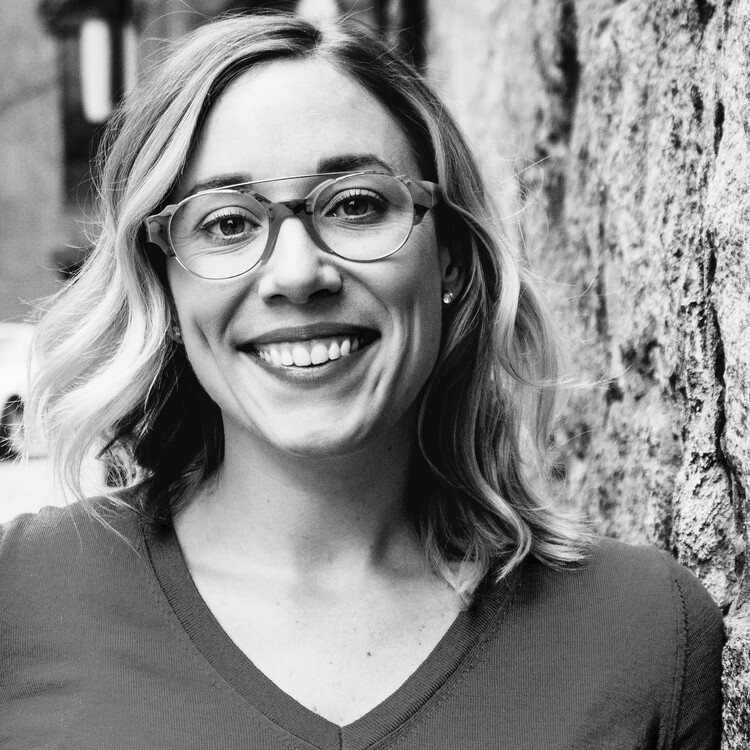
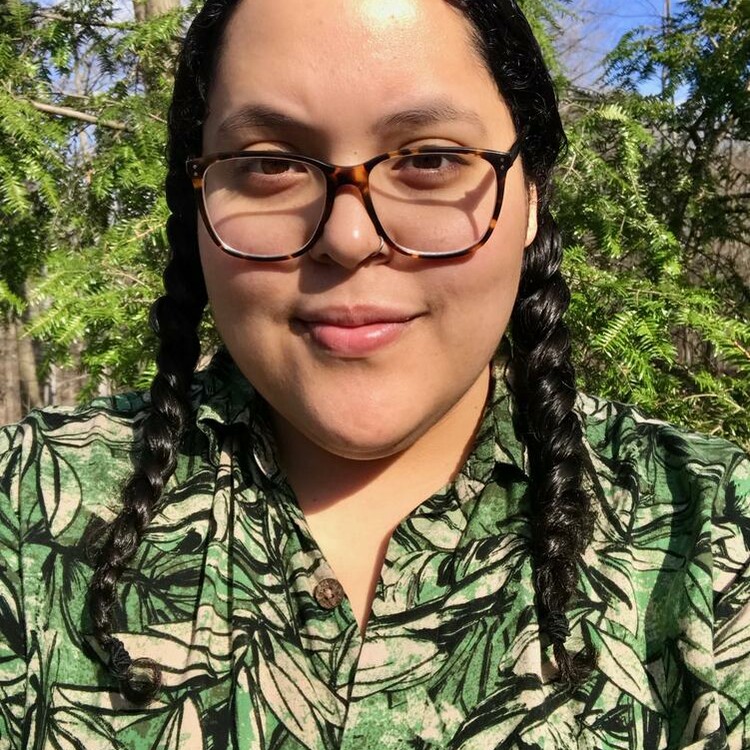
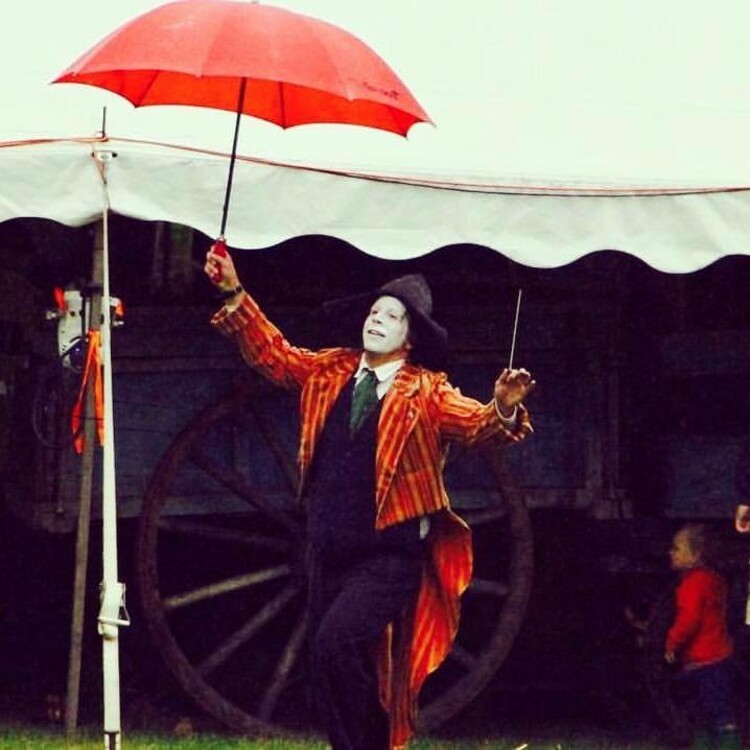
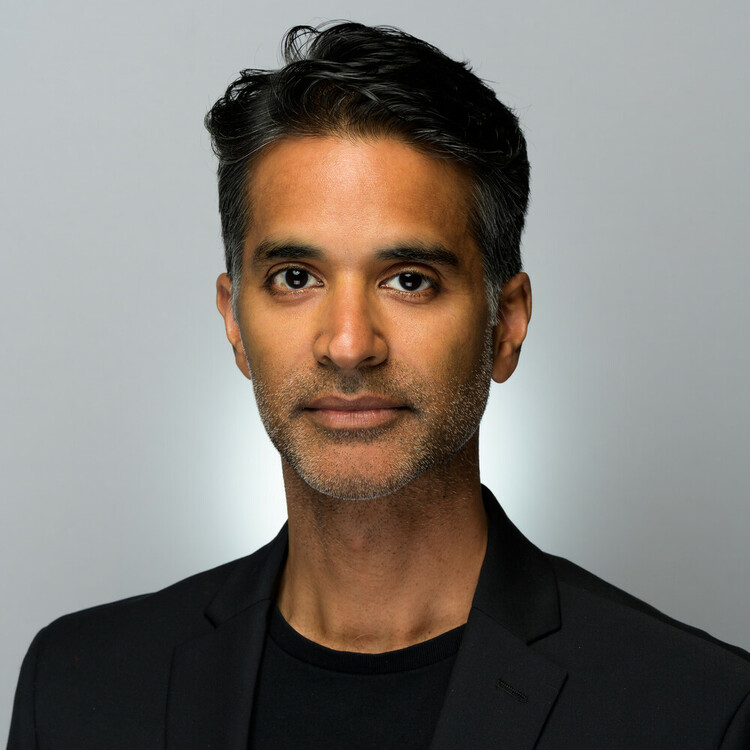
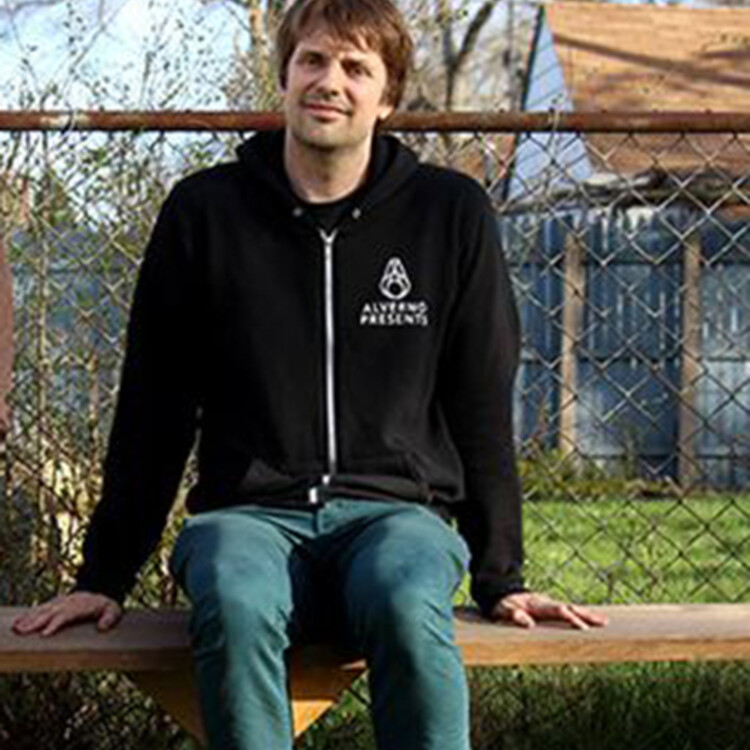
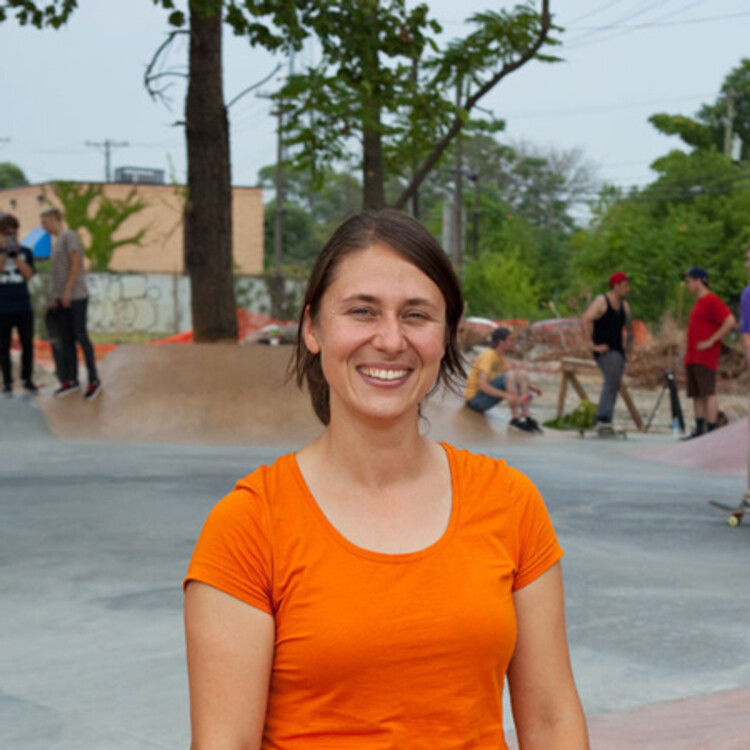
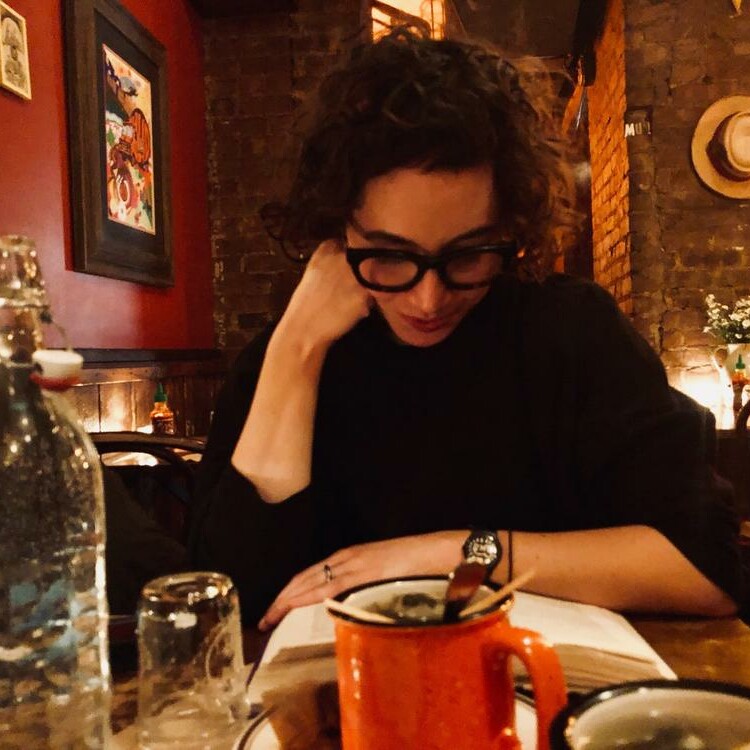
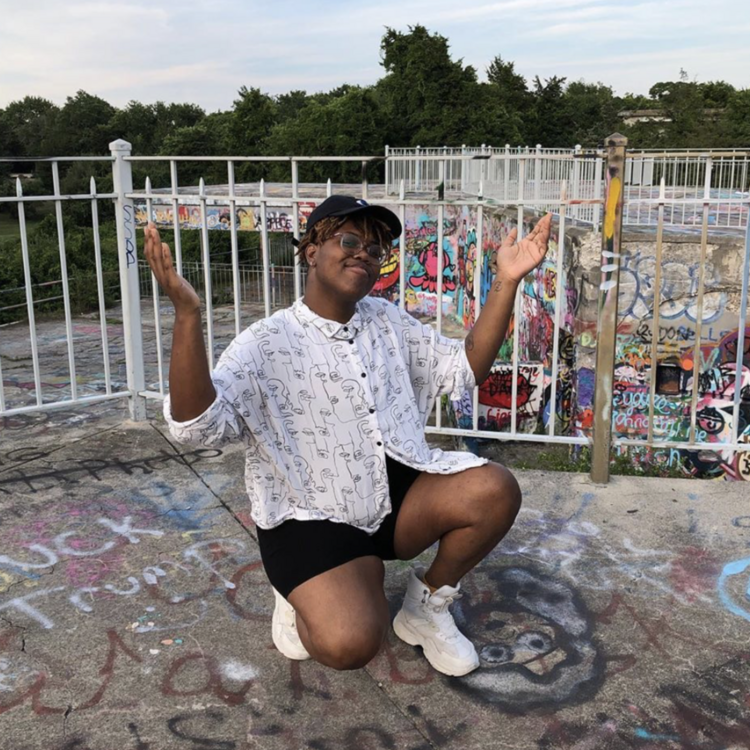
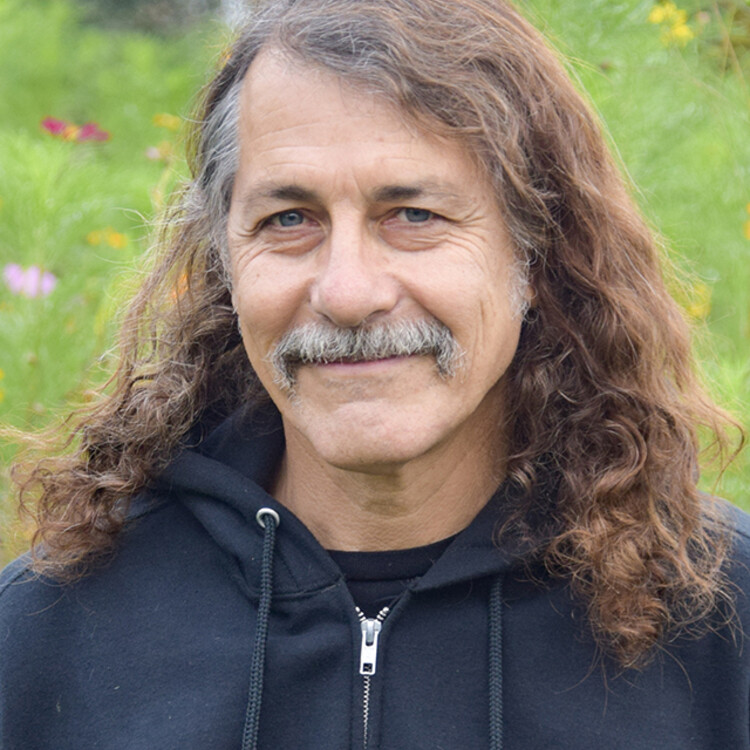
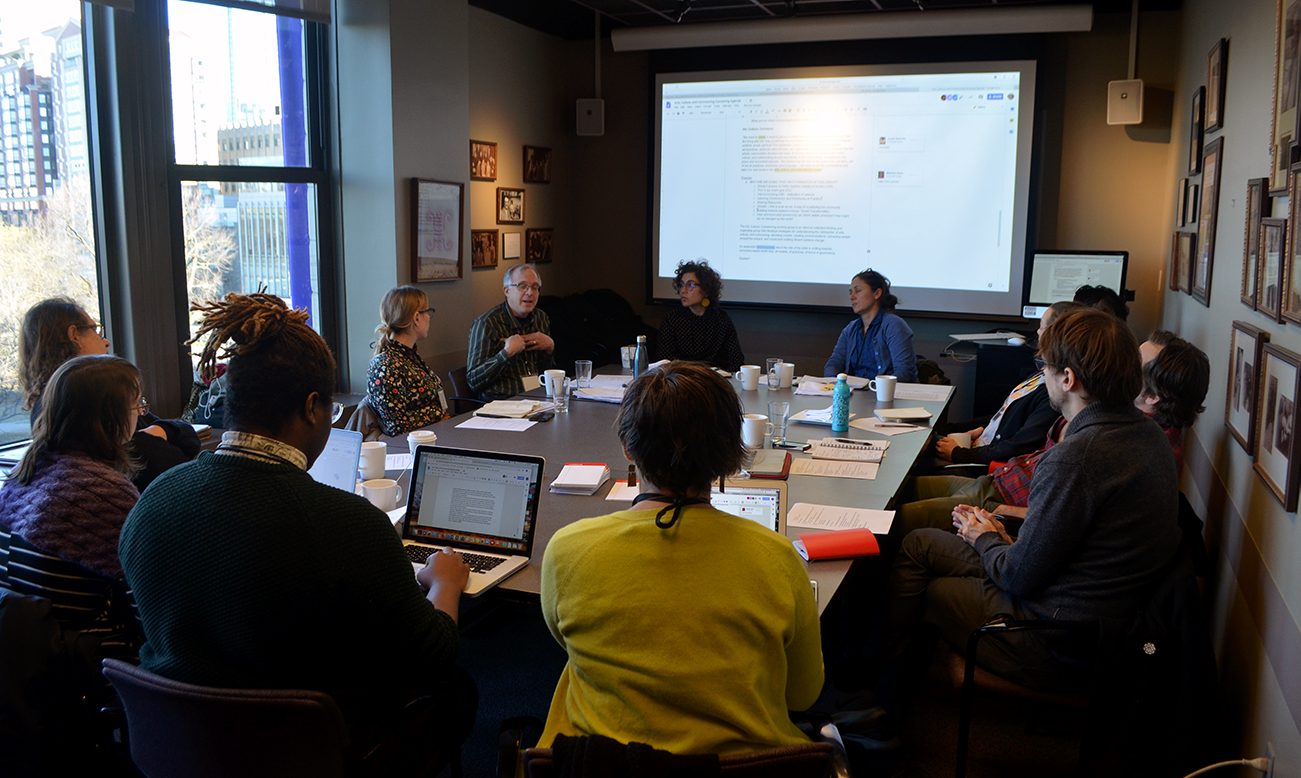
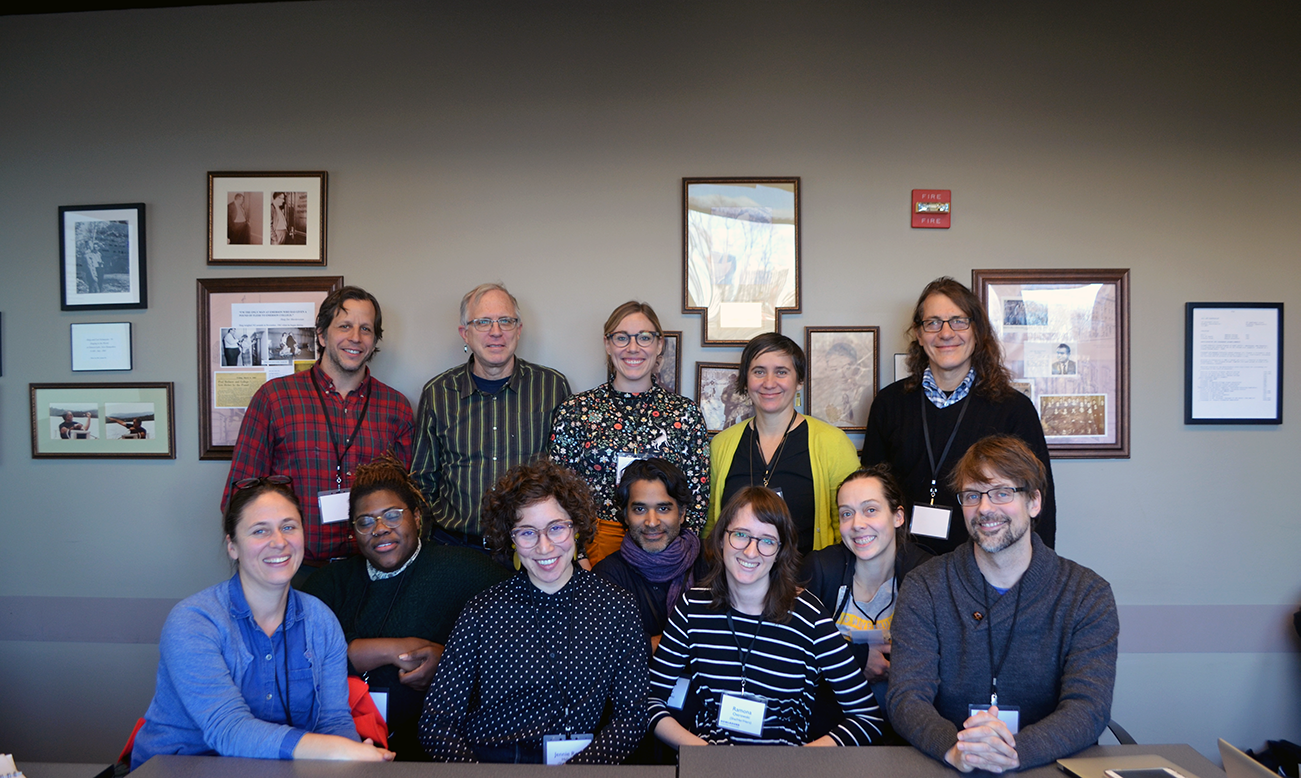
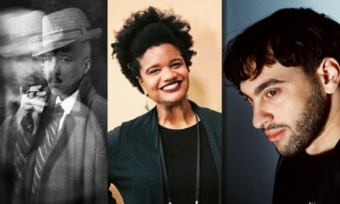



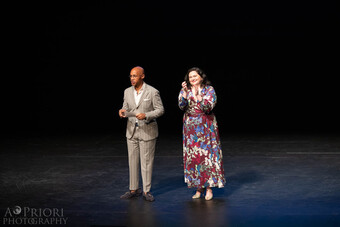


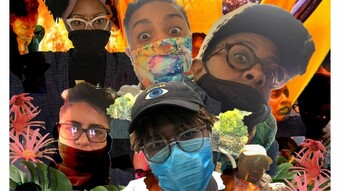


Comments
The article is just the start of the conversation—we want to know what you think about this subject, too! HowlRound is a space for knowledge-sharing, and we welcome spirited, thoughtful, and on-topic dialogue. Find our full comments policy here